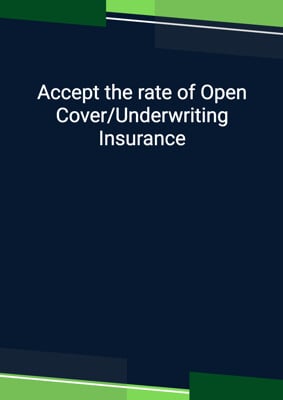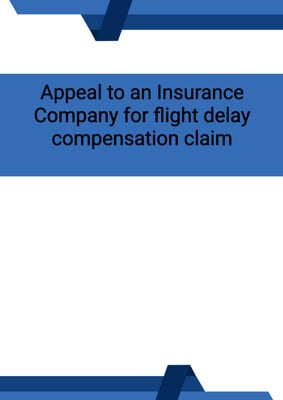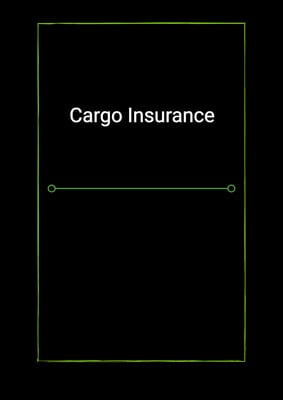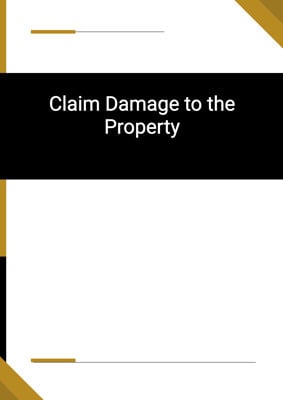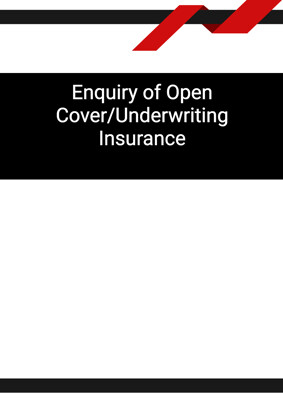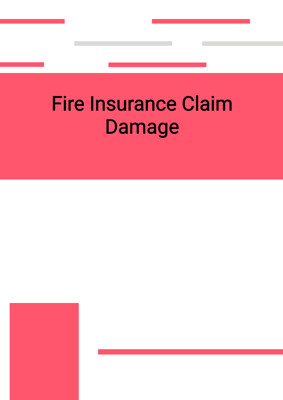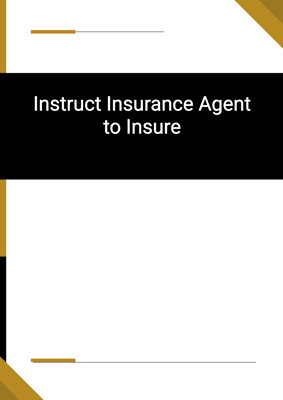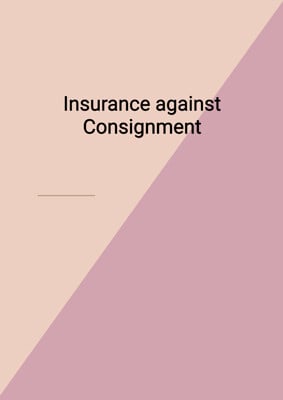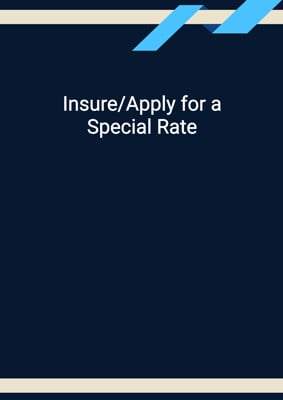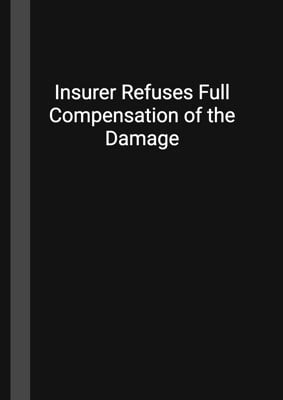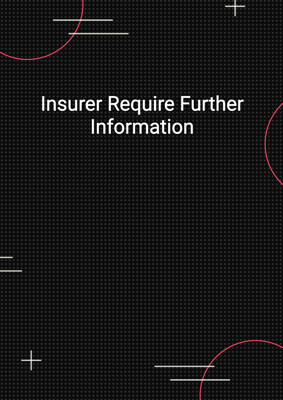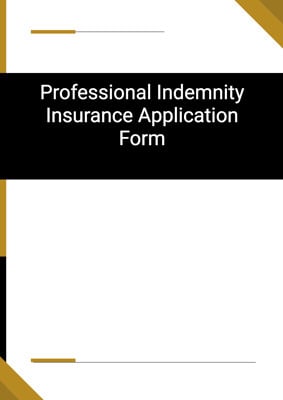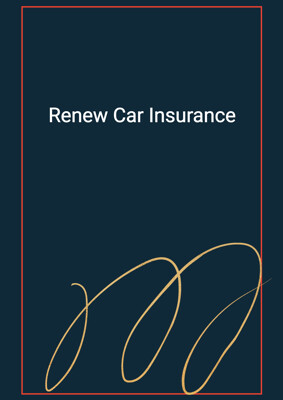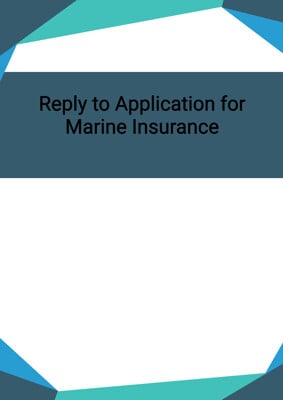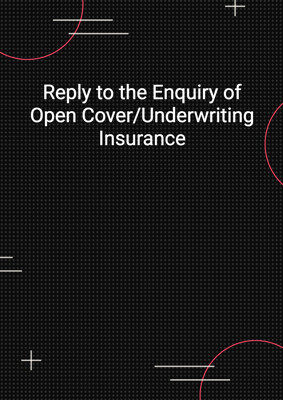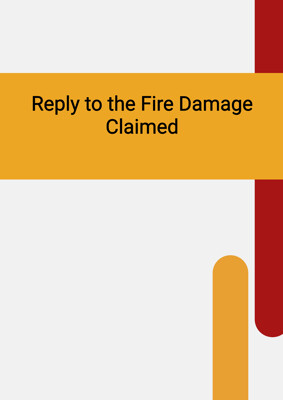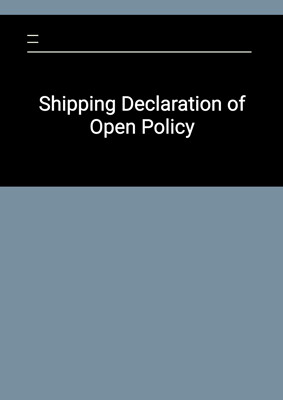How to Tailor the Document for Your Need?
01
Create Document
Click "Create Document" button and the document will be prepared with your account details automatically filled in.
02
Fill Information
Please fill in any additional information by following the step-by-step guide on the left hand side of the preview document and click the "Next" button.
03
Get Document
When you are done, click the "Get Document" button and you can download the document in Word or PDF format.
04
Review Document
Please review the document carefully and make any final modifications to ensure that the details are correct before sending to the addressee.
Document Preview
Document Description
The document titled 'Appeal to an Insurance Company' is a letter written by an individual to appeal the decision of an insurance company to disallow their claim for flight delay compensation. The letter is addressed to the insurance company and provides a detailed explanation of the situation and the reasons why the claim should be reconsidered.
The letter begins with a formal greeting and an introduction stating the purpose of the letter. The author acknowledges the importance of adhering to the terms and conditions of the insurance policy but emphasizes that their case warrants a reconsideration.
The author then proceeds to provide a detailed account of the incident. They mention the date and flight details, explaining that their flight was delayed for a certain number of hours due to a specific reason. This delay caused them to miss their connecting flight, resulting in significant inconvenience and additional expenses for accommodation and food.
The author states that they filed a claim for compensation under their insurance policy to cover the financial losses incurred due to the flight delay. However, they received a notification that their claim was disallowed because the reason for the delay was not covered under the policy.
The author acknowledges that certain situations may not be covered by the policy but argues that their case is exceptional. They highlight that the reason for the delay was beyond their control and that they were left stranded in a foreign country without any assistance from the airline. They had to bear the unexpected costs of accommodation, food, and other expenses, which they believe should be compensated.
In conclusion, the author respectfully requests the insurance company to review their case once again, taking into consideration the exceptional circumstances they had to face. They express hope that the company will reconsider their decision and provide them with the compensation they are entitled to under their policy. The letter ends with a polite closing and the author's signature.
Overall, this document serves as a formal appeal to an insurance company, providing a detailed account of the incident and the reasons why the claim should be reconsidered.
How to use this document?
1. Begin the letter by addressing the insurance company and stating the purpose of the letter.
2. Provide a detailed account of the incident, including the date, flight details, and the reason for the delay.
3. Explain the consequences of the delay, such as missing a connecting flight and incurring additional expenses.
4. Mention that a claim for compensation was filed under the insurance policy but was disallowed due to the reason for the delay not being covered.
5. Argue that the case is exceptional, emphasizing that the delay was beyond the individual's control and they were left stranded without assistance.
6. Highlight the financial losses incurred and the unexpected expenses that need to be compensated.
7. Respectfully request the insurance company to review the case again, considering the exceptional circumstances.
8. Express hope that the company will reconsider the decision and provide the entitled compensation.
9. End the letter with a polite closing and the author's signature.
Not the right document?
Don’t worry, we have thousands of documents for you to choose from:

